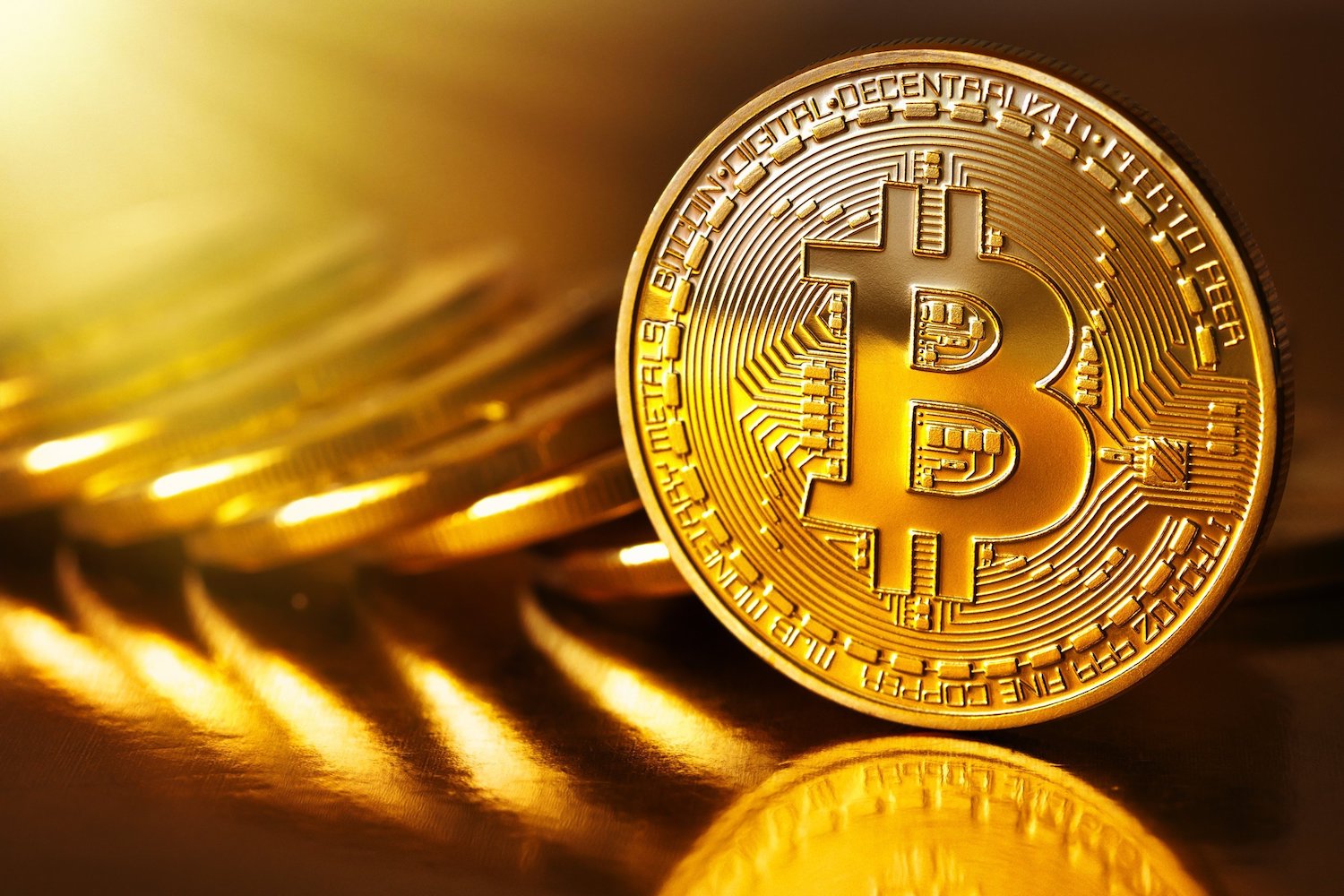
A number of experts at JPMorgan have recently stated that El Salvador’s decision to legalize Bitcoin (BTC) might be more problematic than anything else, as this could end up straining the flagship crypto’s network. Furthermore, the analysts had criticized the decision and said that it can lead to plenty of risks that the nation might not be able to foresee right now or adequately prepare for but will nonetheless likely cause problems further down the line.
The experts believe that regarding the overall value of Bitcoin, which has been transferred amongst various crypto wallets in 2020, over 1% of this value would be represented via El Salvador’s payment activity on a daily basis.
Bitcoin remains highly illiquid
As per the words of the bank’s team of analysts, Bitcoin is still very illiquid, which implies that a significant portion of the cryptocurrency’s trading volumes tends to be internalized via major exchanges. Of this, over 90% of BTC doesn’t even change hands in a period of over 12 months.
Moreover, the experts, therefore, concluded that considering BTC as legal tender for a nation such as El Salvador could end up placing a limitation on the crypto’s capability to act as any kind of medium of exchange. This is mainly due to Bitcoin’s trading nature and aforementioned illiquidity.
Furthermore, El Salvador’s daily payment activities would make up 4% of the on-chain transaction volume, in addition to being over 1% of the overall value of BTC that has been shifted between the wallets in 2020, the experts added.
El Salvador could be forced to deal with unexpected challenges
The analysts also stated that the country could have to deal with a lot of unpredictable challenges if it goes ahead with its plans of legalizing Bitcoin. Among these, El Salvador’s monetary system could be severely affected while keeping the official dollarization in mind. This is because if BTC is legalized, then a potential imbalance of demand between USD and BTC could be the result, which may adversely affect onshore dollar liquidity. This will then ultimately introduce fiscal risks as well as negatively affect the balance of payments.
JPMorgan is not the only institution that has expressed concern regarding El Salvador, as both the World Bank and the IMF had both previously expressed disdain for the idea of legalizing Bitcoin, especially as this could also affect the country’s ongoing negotiations with the International Monetary Fund.



